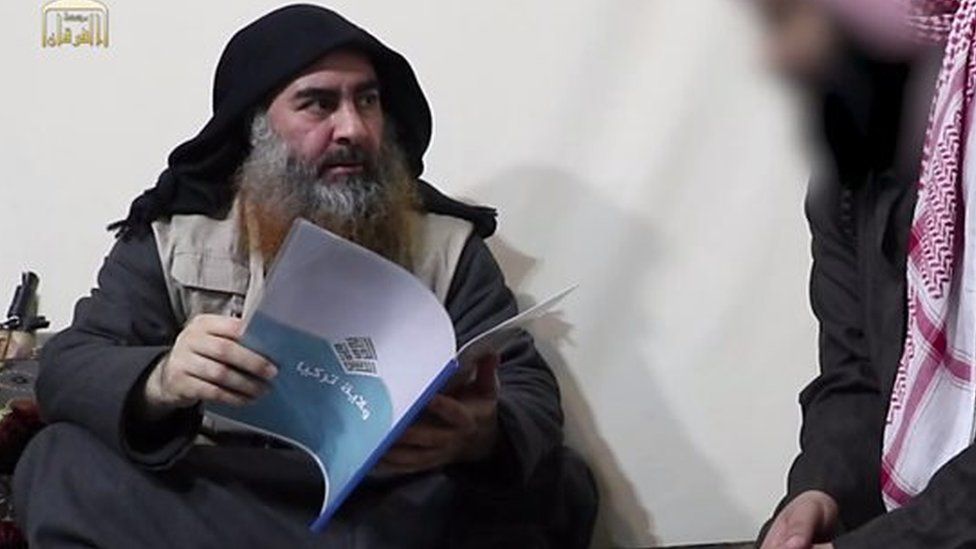British Report: sick Baghdadi put ISIS under the command of the "Professor"

Shafaq News/ The Times newspaper published a report entitled " sick Baghdadi put ISIS under the command of the Professor".
The newspaper said that Al-Baghdadi handed over ISIS daily affairs department has been handed over to his assistant, Abdullah Qardash, known as the "professor", who was a former officer in Saddam Hussein's army who rose to prominence in extremist organizations after the fall of Saddam in 2003. The writer adds that the decision adds more speculation about Baghdadi's health.
The newspaper also says that US forces arrested al-Baghdadi, 48years old and Qardash, aged unknown, in 2003 for their links to al-Qaeda and they were arrested together in Basra, where it is believed that al-Baghdadi used his capabilities as a jihadist preacher and was able to recruit hundreds of prisoners for his cause and made his vision for what he described as a state of succession.
The report indicates that al-Baghdadi began his career as a jihadist leader in a very public manner, where he delivered a sermon from al-Nuri mosque in Mosul in 2014, to declare the birth of his succession. He adds that al-Baghdadi's first video recording in five years appeared in April this year, and part of his beard was henna and said he was in good health.
Analysts told the newspaper that al-Baghdadi had chosen a successor to rebuild the group while Baghdadi himself renewed the group's speechifying to attract recruits as he did at the start.
"Baghdadi will not relinquish his post, as he gave Qardash a specific task related to logistics and movement ,” Fadhil Abu Ragheef, a former security analyst with the Iraqi government told the newspaper.
"There are three possible reasons for al-Baghdadi to choose another leader within the organization: to fill the gaps in the organization, to unite with Qardash, who is popular among the group's members and to prepare him for a new leadership at a later stage," he said.
Security forces in the region have warned that the remaining cells of the Islamic State remain organized enough to launch attacks and exploit any power vacuum.